Return to Work Policy
And why your business needs one

Workers' compensation claims may be unavoidable in your business, but the impact of them doesn't have to be quite as damaging. Asking your independent insurance agent how to implement a return to work policy to cut costs is a great start to putting money back in your pocket.
Your independent insurance agent can help you when it comes to lowering your insurance premiums. They work for you and know what the insurance carriers are looking for when it comes to safety and risk minimization. They can also help you with filing a workers' comp insurance claim.
What Is Workers’ Compensation Insurance?
Workers’ compensation insurance is a policy taken out by the employer to cover:
- Medical injuries
- Mental health injuries
- Illnesses

All of these injuries or illnesses happen while on the job or are a result of problematic working conditions. This policy will save the employer from paying out of pocket or being personally sued due to an employee getting injured while working. It also pays for employee wages (usually up to two-thirds of their regular pay) while they are recovering.
What Is a Return to Work Policy, and How Does It Work?

A return to work policy or program, simply put, is when an employer allows a W-2 employee to come back to work in a light-duty capacity outside of their regular job functions while they are recovering from a work injury, illness, or mental disability.
This can be as simple as a factory worker being switched to administrative duties while their broken leg heals. Or taking an employee in a high-stress task such as project manager to a less stressful duty of answering phones or checking people in allowing the employee to recover.
Benefits of implementing a return to work program:
- Saving money on your workers’ compensation premiums: Having a return to work program in place will show the workers’ compensation carrier you mean business. In workers’ compensation it’s not the frequency of claims that you have, but the length that they stay open that affects your overall premiums.
- It's better for your employees: Having a return to work program in place will get your employees feeling more productive and recovering faster instead of wallowing in isolation at home.
- Retention of employees: The sooner you get your employees back to some form of work, the sooner they recover and the less likely they are to collect disability. This is a win-win for you and your employees since they get to maintain employment and you don’t have to find a substitute.

Why You Need a Workers’ Compensation Policy
Besides the fact that most states make obtaining a workers’ compensation policy mandatory, it’s just plain smart to have. While some industries are more pricey than others to insure, in the long run it could save you thousands of dollars in medical and attorney's fees.
Your independent insurance agent can walk you through the step by step scenario of saving you money. And to ensure you are meeting the insurance companies’ requirements, in compliance with workers' comp state laws, and getting the best workers' comp cost possible, here's how the steps usually go:
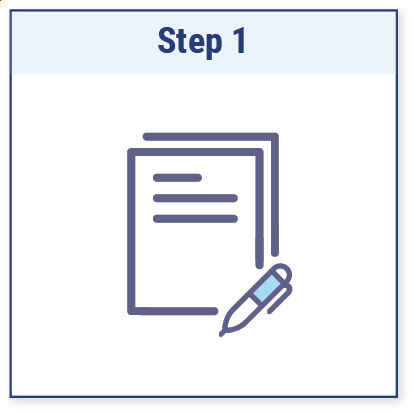
- Step 1: The agent analyzes current safety practices in place and gives recommendations for improvements.
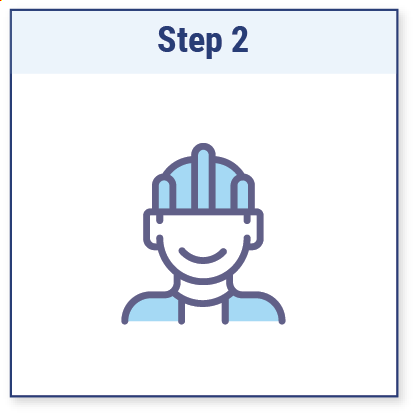
- Step 2: Get a safety officer or OSHA certified expert involved to make sure safety compliance and regulations are being adhered to, thus saving you money on your premiums.
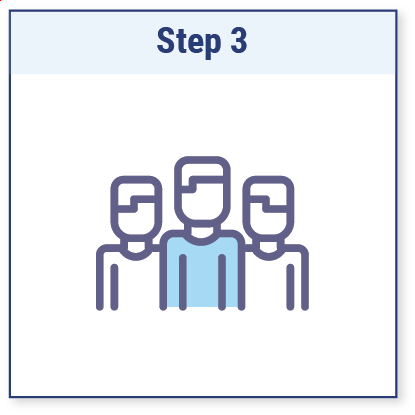
- Step 3: Make sure all employees are properly classified and documented on the front end to avoid any hassle when audit time comes — and it does come.
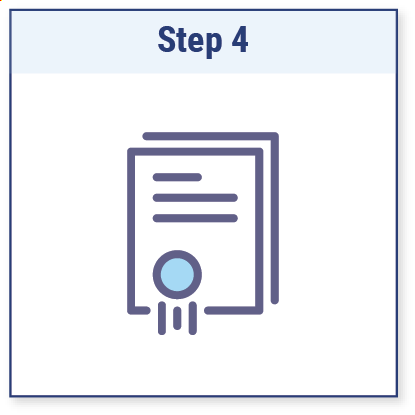
- Step 4: Make sure you are practicing the collection of certificates of insurance from any independent contractors as well as any other required documents that the insurance company is looking for.

- Step 5: Initiate a return to work program so you are prepared when an employee gets injured on the job. Being proactive is the best!
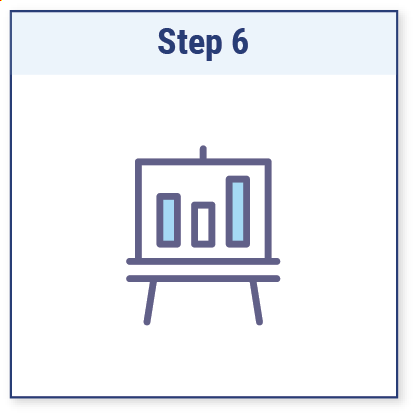
- Step 6: Present your case to multiple insurance carriers and negotiate premium and coverage.
Developing a Return to Work Policy
Your company's culture is an important and fragile piece to running a smooth operation, and a return to work policy and procedure guideline is part of that culture. Having a tried and true plan in the face of injury and even loss can help maintain balance and a safer work environment for all. Show that you put your employees first by having secure practices in place to better protect them.
When developing your return-to-work program, your policy should have clear guidelines on:
1.) Eligibility
2.) Entrance and exit criteria
3.) Transitional job positions
The policy should outline how to handle a situation involving an injured or ill worker, detailing the difference between a personal injury and a workers’ compensation claim since they aren’t the same. It should also show how trying to report a personal injury or illness is perceived as insurance fraud and how it is taken very seriously.
Of course your independent insurance agent can discuss what the insurance companies are looking for in a return to work program and how to start implementing one as soon as possible.
Workers' Compensation Insurance Fraud Laws
Insurance fraud is a big deal. Filing a claim that isn't real or has been manipulated all in an effort to get a large payout from the insurance company should be taken very seriously mainly because it lacks integrity, but also because the consequences could be dire to you, your employee, and your business.
Some insurance fraud consequences:
- Penalties and fines ranging from hundreds to thousands of dollars
- Jail time from one year to thirty years
The result of filing a faulty workers' compensation claim and being caught isn't worth the risk. An employee can file a false claim wanting a payout for an injury or exaggerated illness. An employer can misclassify an employee to avoid them filing a claim in the first place, and a healthcare provider can extend the injury or illness to continue getting payment from an insurance company. As the employer, you set the stage. And by setting up proper safety practices and a clean claims reporting process, you can help curb the chances of false claims being filed.
Cost Savings of a Return to Work Policy
It’s all about the bottom line, and an independent insurance agent can make sure you're saving as much on premiums as possible. Utilizing a return to work program will save you money on your workers’ compensation premium.
How, you may ask? Well, the longer an employee stays out of work due to a work-related injury, illness, or disability, the more likely they are to give in altogether and collect disability. While sometimes this is necessary, a lot of times it doesn’t have to be.
You know the old saying that misery likes company, well so do injuries. The more an employee is alone and feeling like they are worthless because of an injury or illness, the worse things can get. Getting them back in the groove of things and around coworkers will help with their morale and overall healing process.
Benefits of an Independent Insurance Agent
An independent insurance agent will have access to multiple insurance companies, ultimately finding you the best coverage, accessibility, and competitive pricing while working for you. And as your company grows and your needs change, they'll be there to help you adjust your coverage, up or down, to make sure you're properly protected without overpaying. Find an independent insurance agent in your community here.
